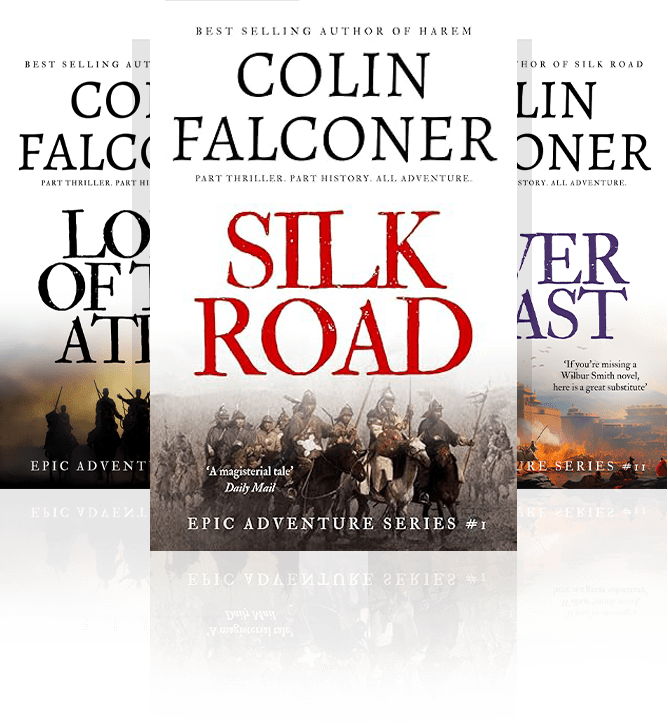When I was a kid, I got half an hour of reading time before I went to sleep. I soon finished all my Classics Illustrated epic adventure comics, so my dad gave me one of his books – CS Forrester’s The Gun.
I got hooked on historical adventure fiction.
Many of the classic stories I was reading were best sellers from the 19th century, when a newly literate population discovered a hunger for the written word.
The scions were writers such as Walter Scott, Victor Hugo, Robert Louis Stevenson, Charles Dickens, Alexandra Dumas, H. Rider Haggard and later Jack London. They received popular as well as critical acclaim.
But their bestselling epic adventure novels were more than just entertainment.
Hugo’s The Hunchback of Notre Dame is credited with the push to preserve Gothic architecture in France. Along with Walter Scott’s Ivanhoe, it also revived public interest in medieval history.
Long before it became a West End tourist attraction, Les Misérables was one of the greatest novels of the 19th century. Its effect on the French public was so profound that the social issues it raised were debated in the French National Assembly.
Robert Louis Stevenson’s Kidnapped and Treasure Island and Dumas’ The Three Musketeers and The Count of Monte Cristo achieved enormous popularity. The latter’s appeal has not waned with time. To date there have been twenty-nine movies based on Dumas’ book.
And the character Allan Quartermain, the hero of H. Rider Haggard’s King Solomon’s Mines and She, was the prototype for Indiana Jones.
The hot genres of the 21st century are crime, romance and fantasy.
These days it’s harder to find historical epic adventure writers who can command the same readership. The baton has been passed to authors like Ken Follett and Bernard Cornwell.
And Netflix is making the genre sexy again. The Last Kingdom, Vikings and Barbarians are converting legions of new fans. Physical danger and a fast-paced plot are the focus.
Cornwell famously said ‘I play merry hell with history’.
Well you can, but only to a certain audience.
For me, this is where there is a split with traditional historical fiction. The latter is dominated by female writers and has more emphasis on romance and strict historical accuracy.
I’d argue that Follett and Cornwell now have more in common with the epic fantasy of George RR Martin and Game of Thrones than, say, with Kristin Hannah or Philippa Gregory.
I often wonder if the classic historical adventure writers of the nineteenth century might gravitate towards fantasy if they were alive today.
Tastes and trends in fiction will continue to change. But for me, raised on Classics Illustrated stories, historical adventure will always be my first love.
Part thriller. Part history. All adventure.






